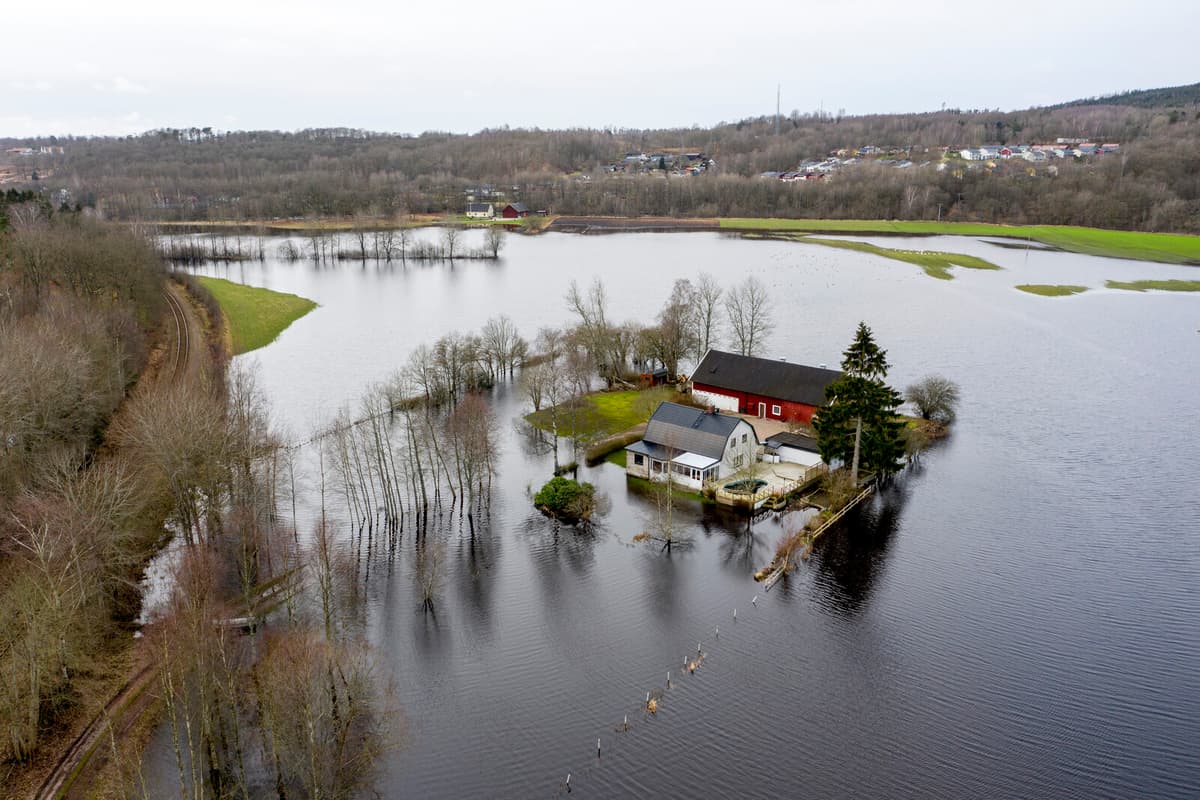Sweden and other Nordic countries have a very clear and comprehensive insurance protection when it comes to natural disasters, notes Staffan Moberg, lawyer at the industry organization Swedish Insurance.
One takes a fairly large societal commitment and has incorporated many different aspects into our insurance policies. Natural disasters are included in all property insurance with few exceptions.
And does that include flood damage to properties?
Normally, these are compensated for, says Staffan Moberg.
What is required of the property owner?
The property owner has a responsibility that the shell protection is okay, i.e. the roof is intact. Water should not be able to enter through the wall or floor. On the other hand, if you have vents and water enters there, you will receive compensation.
What could it be about so that you don't get compensation?
It's when there are construction defects or flaws. If, for example, a crack has occurred in the floor or a fixture and water enters. Then you would not receive compensation.
Can you give other examples?
If, for example, there is a blockage due to the property owner's own fault, such as a fat lump in the drainpipe that prevents the water from seeping away.
In some cases, warnings are issued for floods in advance. Can the compensation be affected by the fact that the person has not taken action?
No, I have not heard of that. However, it is stated in the insurance terms that you should be "helpful in remedying the damage". If you are young and healthy and have valuable things in the basement, for example, a lot of expensive electric guitars, you should carry them up.
It's worth noting that even if compensation is paid out, there is also a deductible. According to a compilation made by the Consumers, these can vary between 1,000 and 10,000 kronor. Additionally, insurance companies can make age deductions depending on how old the property is, these can amount to over 100,000 kronor depending on the insurance.
Tobias Österberg/TT
Fact: tips for floods
TT
Report the damage to your insurance company as soon as possible.
Document the damage with pictures and make a list of what has been damaged or destroyed. Don't throw anything away until you've contacted the insurance company.
If possible, use a dehumidifier to dry out the affected areas.
Save receipts for any costs that have arisen during the repair work.
Source: Consumers' Insurance Bureau






